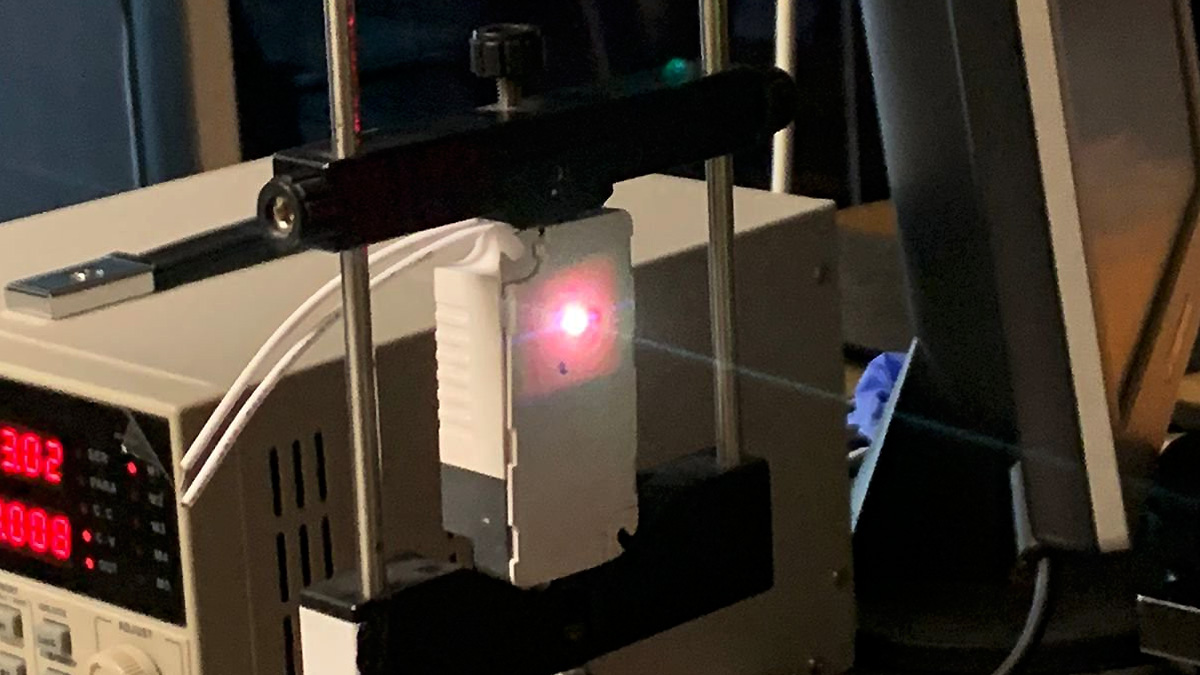
Coming out of stealth, cybersecurity startup Twine announced today $12 million in seed funding, co-led by Ten Eleven Ventures and Dell Technologies Capital, with participation from angel investors including the founders of Wiz. Twine plans to address cybersecurity’s critical talent shortage by developing AI agents or “digital employees” to augment companies’ security teams. Alex, Twine’s first digital employee, is an expert in identity and access management or IAM.
Alex is deployed as a SaaS platform, connecting to different systems within the customer's environment. “The user interacts with the Alex interface in order to ask him questions or assign tasks,” explains Benny Porat, Twine’s co-founder and CEO. “For any task assigned, Alex creates a plan, seeks approval, provides full visibility, and proceeds with an A-to-Z execution of the plan.
” In a report published a few months ago, the World Economic Forum warned that the “cybersecurity industry faces a critical global shortage of nearly 4 million professionals.” This at a time when the rapid adoption of cloud computing, remote work and new AI solutions has significantly increased the number of cyber attacks. The third quarter of 2024 saw a 75% increase in cyber attacks compared to the same period in 2023 and a 15% rise from the previous quarter.
But according to recent data from CyberSeek , the most comprehensive source of information on the U.S. cybersecurity workforce, there are only enough workers to fill 85% of the cybersecurity jobs throughout the U.
S. economy. Twine is the first company to develop and sell cyber security digital employees.
One of the first examples of a digital employee has been Amelia, developed by IPsoft ten years ago. With today’s generative AI and LLMs, AI agents have skills that go beyond basic tasks , working as digital employees in a variety of departments. 11x.
ai, for example, focuses on automating sales and marketing operations and Alchemyst AI on sales development. “The primary LLM that we are currently using is OpenAI’s GPT4, and as experienced cybersecurity practitioners, all our products are built with security in mind through the entire architecture, including AI models along with the data associated with them,” says Porat. “Twine uses a separation of duty framework, keeping the agentic decision making from the data and deterministic functions.
” According to Porat, Alex becomes operational within minutes. However, as a new employee, during the initial phase of onboarding to the organization, Alex primarily handles basic tasks. “Just like any human employee, the more access and trust given — the more Alex can do across the organization,” says Porat.
Alex—and Twine’s future versions of digital employees—learn not only the specific corporate environment in which they are deployed but continuously update themselves with new knowledge and best practices related to their specific cybersecurity expertise. Twine was founded earlier this year by Benny Porat, Omri Green, Justin Woody and Nadav Erez, all former top managers at cyber unicorn Claroty, which was co-founded by Porat in 2015. In September, Calcalist reported that Claroty is meeting with underwriters ahead of a possible IPO in 2025, at a valuation of $3.
5 billion. It would be interesting to watch the team that at Claroty has successfully advanced innovative cyber defense of industrial infrastructure, as they work on their new endeavor of pioneering cyber security AI agents..














